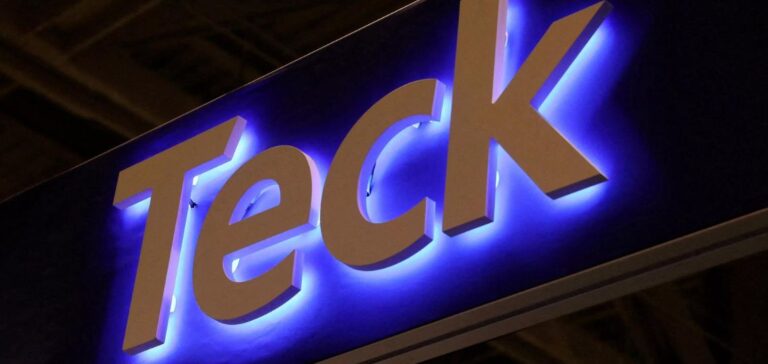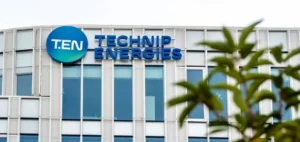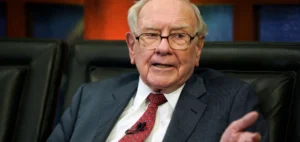Teck Resources cancelled a last-minute shareholder vote Wednesday on its plan to split its operations into two companies, while Swiss mining giant Glencore remains on the prowl after two failed takeover bids.
“Our plan going forward is to pursue a simpler, more straightforward separation,” CEO Jonathan Price said in a statement after consulting with shareholders, stressing that Glencore’s proposals remained “unacceptable.” This decision reflects the difficulties of the Canadian company’s management to obtain the support of two-thirds of the shareholders necessary to approve its proposal.
A vote in favor of a demerger would have put an end to the takeover aspirations of Glencore, which is making its second offer and recently tried to convince shareholders in an open letter to accept its offer, saying it was ready to further improve it. The Swiss commodities giant told AFP it “does not wish to comment at this time”.
In February, Teck Resources unveiled a plan to spin off its metallurgical coal business by splitting its operations in two. Its shareholders were to vote on this project at an extraordinary general meeting on Wednesday. In early April, Glencore made an offer to Teck to merge their businesses and simultaneously split them into two companies, one focused on metals and the other on coal.
The Canadian mining group immediately rejected the offer of more than 22.5 billion dollars, refusing to be associated with Glencore’s exploitation of particularly polluting thermal coal. The Swiss commodities giant then countered with a second offer on April 11, offering Teck Resources shareholders who want to get out of coal to receive 24% of MetalsCo, one of the two companies that would emerge from its offer, as well as a cash payment totaling $8.2 billion. Teck’s board of directors again refused.
On Monday, the federal government, which must approve any foreign takeover decision, indicated that it preferred to keep the company in Canadian hands. “We need companies like Teck here in Canada, companies that are committed to Canada,” said several ministers, including Deputy Prime Minister Chrystia Freeland, in a letter to the business community in Vancouver, where Teck is headquartered. The letter refers in particular to the rare minerals exploited by the company, which Ottawa considers to be “assets of primary importance” for its transition to a green economy.
As one of Canada’s leading mining companies, Teck Resources produces coal, zinc and copper. Abroad, the group is present in Peru, Chile and the United States. Shares in Teck Resources and Glencore were up after the vote was cancelled. On Wednesday, Teck also reported an 18% drop in revenue in its fiscal first quarter to C$3.785 billion (€2.518 billion).






















